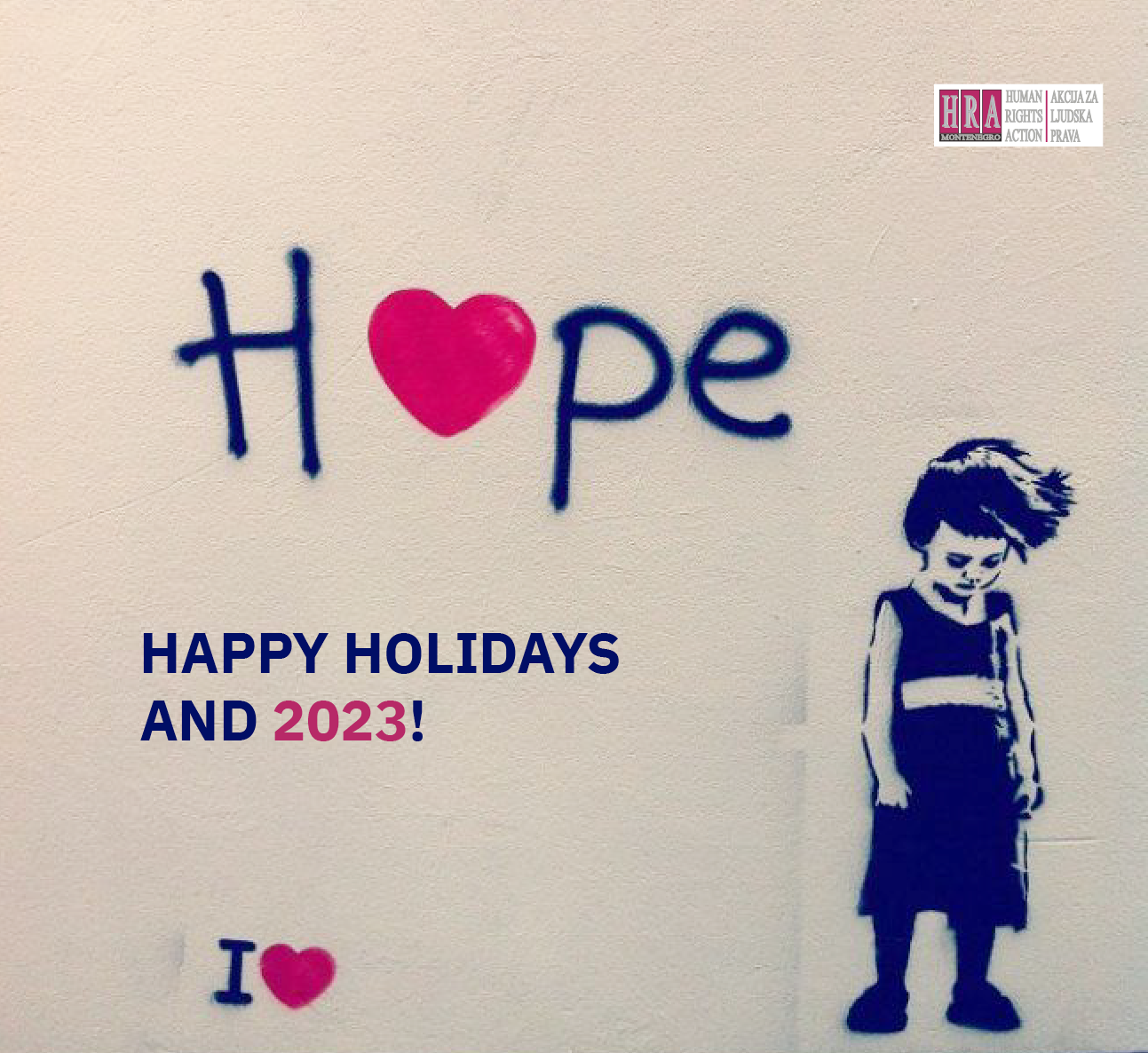
HAPPY HOLIDAYS AND 2023!
30/12/2022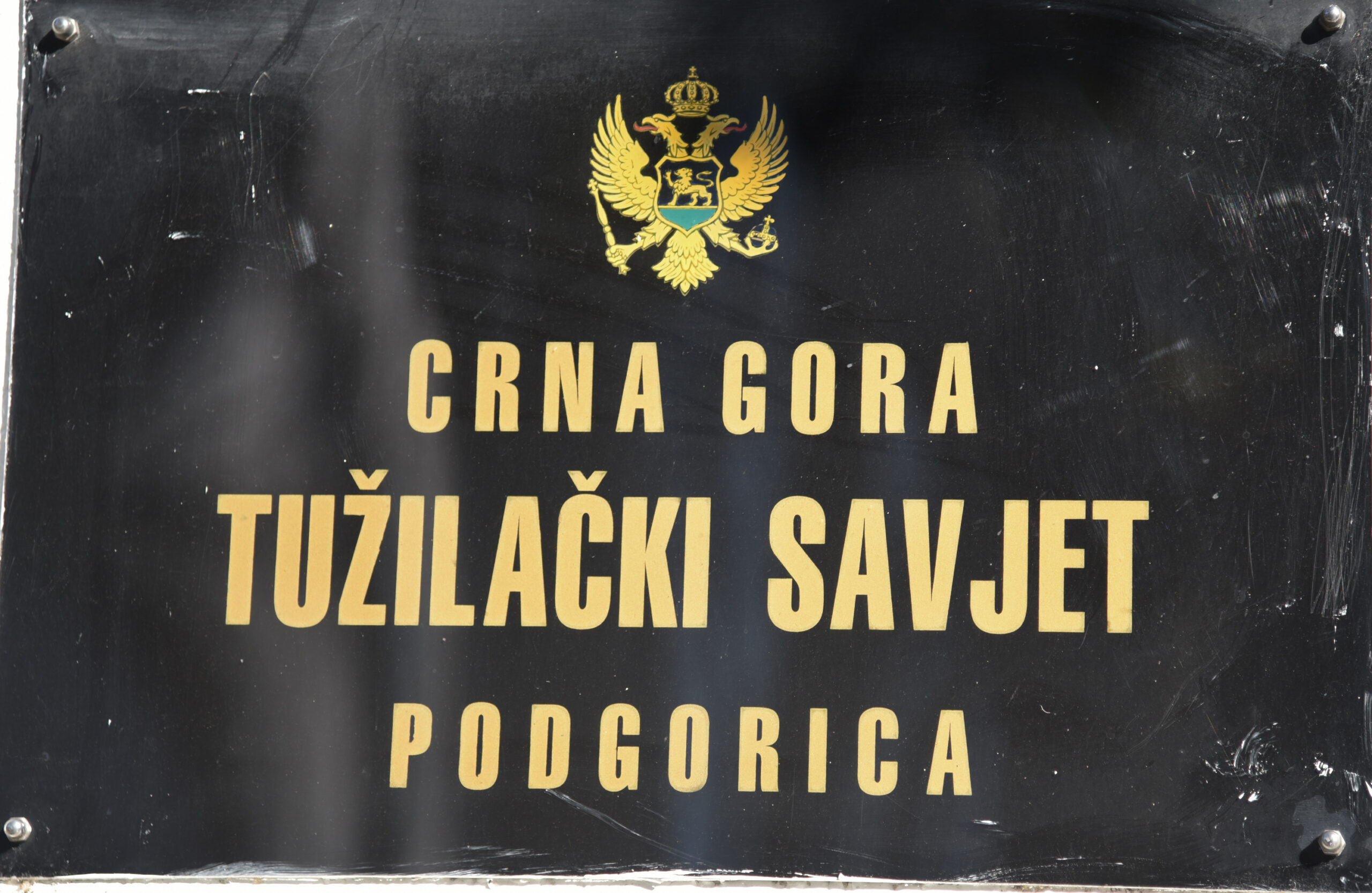
THE PROSECUTORIAL COUNCIL CIRCUMVENTED THE BAN ON THE ELECTION OF COUNCIL MEMBERS TO LEADERSHIP POSITIONS
09/02/2023Proactive Prosecution of War Crimes is an Obligation of the State and a Moral Debt to the Victims
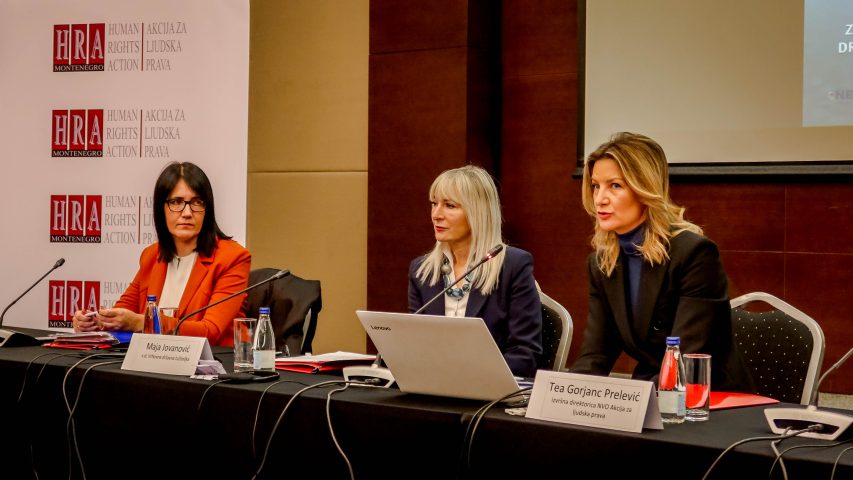
Foto: Samir Kajošević
Although this was envisaged in the 2015 War Crimes Investigation Strategy, Montenegro is still not prosecuting war crimes on its own initiative (proactively), said the Executive Director of the HRA at the conference “Implementation of the Strategy for War Crimes Investigation in Montenegro 2021-2022”.
“Prosecution/punishment of war crimes is a condition for the establishment of the rule of law and a moral debt to the victims. It has to do with suppressing impunity for the most serious crimes, which has wider, regional and international significance. It involves the need to clear up the past in order to gain legitimacy for the future”, said Gorjanc Prelević.
Today, with the support of the National Endowment for Democracy (NED), HRA presented a report on the implementation of the War Crimes Investigation Strategy, which analysed the work of the Special State Prosecutor’s Office (SSPO) on war crimes cases in the last year and a half.
Gorjanc-Prelević stated that proactive investigation of war crimes conducted in line with international humanitarian law is one of the benchmarks that Montenegro must fulfil if it wishes to make progress in the negotiations with the European Union in Chapter 23, but that the country is not doing this.
Although the War Crimes Investigation Strategy of 2015 obliged the State Prosecutor’s Office to intensify the fight against impunity, the SSPO did not show the expected proactive approach. Namely, to date it has prosecuted only two persons, based on two cases that were referred to it by the Prosecutor’s Office of the Republic of Serbia i.e. Bosnia and Herzegovina, which would have happened even without the Strategy – highlighted the HRA report prepared by legal advisor Bojana Malović. She noted that, despite 9 years of continuous criticism from the European Commission and the obligations from the Strategy, no proceedings have been initiated using the criminal law institutes of command responsibility, complicity, incitement and aiding and abetting.
Only one case – referred to Montenegro by Bosnia and Herzegovina – was processed in the last year and a half, i.e. the period that was covered by the report.
The report, which is available here, concluded that no visible progress has been achieved in relation to the three tasks listed in the Strategy, which SSPO was obliged to conduct independently: a) identification of events in which Montenegrin citizens participated, b) identification of Montenegrin citizens who may have been members of paramilitary groups during the war, and c) revision of old cases – Morinj, Bukovica, Deportation and Kaludjerski laz.
The Prosecutor’s Office will Consider HRA’s Recommendations; It is Necessary to Revise the Strategy and Increase Supervision of its Implementation
“The implementation of the recommendations contained in the HRA report is important for each individual institution, as well as the society in Montenegro, especially the recommendation – with which I fully agree – to elect the Supreme State Prosecutor for a full term”, said the acting Supreme State Prosecutor Maja Jovanović. If this election does not occur as soon as possible, “the revision of the existing Strategy, accompanied by an Action Plan with deadlines for the implementation of specific activities and indicators for evaluating success will remain as one of the obligations of the next acting official”.
She also agreed with the recommendation stating that, in addition to the Supreme State Prosecutor, detailed supervision of the actions of the SSPO related to the Strategy should be carried out also by the Prosecutorial Council, at least once a year, and that this could be placed on the agenda very quickly.
Senior state prosecutor who was assigned to work in the Special State Prosecutor’s Office, Tanja Čolan Deretić, announced the readiness of that office to make a full commitment to prosecuting war crimes for the purpose of bringing all perpetrators to justice. She also pointed out that in the coming period, the SSPO will review the actions of the prosecutor’s office in old war crimes cases. She said that the SSPO has verified Veselin Mujović’s claims about his knowing the burial location of the remains of those who were killed on the train in Štrpci, unfortunately without any results; that the case that was submitted to Montenegro by Serge Brammertz in 2020 has encountered problems with access to witnesses; that Admiral Samardžić has not yet been questioned regarding the shelling of Split, but that letters rogatory have been sent to the Republic of Croatia requesting information; and that further investigation into the “Bukovica” case requires waiting for amendments to the Criminal Procedure Code. She also reported that in the case of Ranko Radulović, who has been accused in Bosnia and Herzegovina of war crimes against the civilian population, there is no witness consent for criminal proceedings to be conducted in Montenegro.
War Crimes Are a Burden from the 90s and a Topic that Needs to Be Constantly Revived
“I believe that it is a good thing to revive this topic. It is important for us to talk about it and find out how we turned a blind eye to it, falsified it, ignored it and deliberately mischaracterised it”, said Miodrag Iličković, a retired judge of the Constitutional Court of Montenegro. He asked those present if it had occurred to anyone to find out how many judges and prosecutors who received these cases were actual participants on the Dubrovnik battlefield. “The entire system was involved, and we are now expecting that same system to arrest itself”.
The Case of the Klapuh Family – Absence of Political Will or a Legal Impasse
“The case of the Klapuh family is quite unique. There is a final court decision and we know the identity of perpetrators, but the verdict has been impossible to enforce to this very day due to legal obstacles contained in bilateral agreements”, said Branimir Janjević, Director General of the Ministry of Justice’s Directorate for International Judicial Cooperation. “The principle ne bis in idem is probably a risk for every prosecutor. However, this case justifies the need to start viewing it in a more flexible fashion, because I don’t know what else we can do if we want to achieve justice in this case”. He pointed out that the Ministry of Justice repeatedly appealed to the Republic of Serbia to extradite Zoran Vuković, especially since the District Court in Belgrade found, back in 2016, that the conditions for his extradition had been met. Still, there were no results. He also said that the Directorate did not receive a positive response from the institutions of Bosnia and Herzegovina regarding the takeover of the case of the finally convicted Radomir Kovač.
Speaking about the ne bis in idem principle, which could also be applied when reopening old cases, professor of international human rights law and former judge of the court in Strasbourg, Nebojša Vučinić, pointed out that we cannot mechanically apply the institutes of domestic law, but must rather interpret them in accordance with the standards of international humanitarian law developed as part of the international courts’ case law. He highlighted the judgment of the Grand Chamber in the case of Marguš v. Croatia, in which it was stated that repeating the proceeding due to an incorrect legal qualification does not constitute a violation of the above principle.
Aleksandar Saša Zeković, a human rights activist and member of the “Citizens’ Initiative 21 May”, mentioned the fact that murdered members of the Klapuh family still do not have a proper burial place, appealing to the state to bury their remains in a dignified manner, at the expense of the state and with state honours, at a location to be determined by the family, especially considering the fact that the verdict – which was the first war crimes conviction – has not been enforced for more than two decades now. He also said that the fact that other victims do not want our prosecutor’s office to take over the criminal prosecution in their cases it is not surprising, precisely due to the lack the proactive work of the prosecutor’s office. “Victims do not deserve to see these topics politicised”, said Zeković.
Presentations by the Executive Director of the Human Rights Action, Tea Gorjanc Prelević, and the acting Supreme State Prosecutor, Maja Jovanović.
- Foto: Mara Babović
- Foto: Luka Zeković
- Foto: Mara Babović
- Foto: Mara Babović
- Foto: Mara Babović
- Foto: Luka Zeković
- Foto: Luka Zeković
- Foto: Luka Zeković
- Foto: Luka Zeković
- Foto: Luka Zeković
- Foto: Mara Babović
- Foto: Mara Babović
- Foto: Mara Babović
- Foto: Mara Babović
- Foto: Mara Babović
- Foto: Mara Babović
- Foto: Luka Zeković
- Foto: Luka Zeković
- Foto: Mara Babović
- Foto: Mara Babović
- Foto: Luka Zeković
- Foto: Mara Babović
- Foto: Mara Babović
- Foto: Luka Zeković


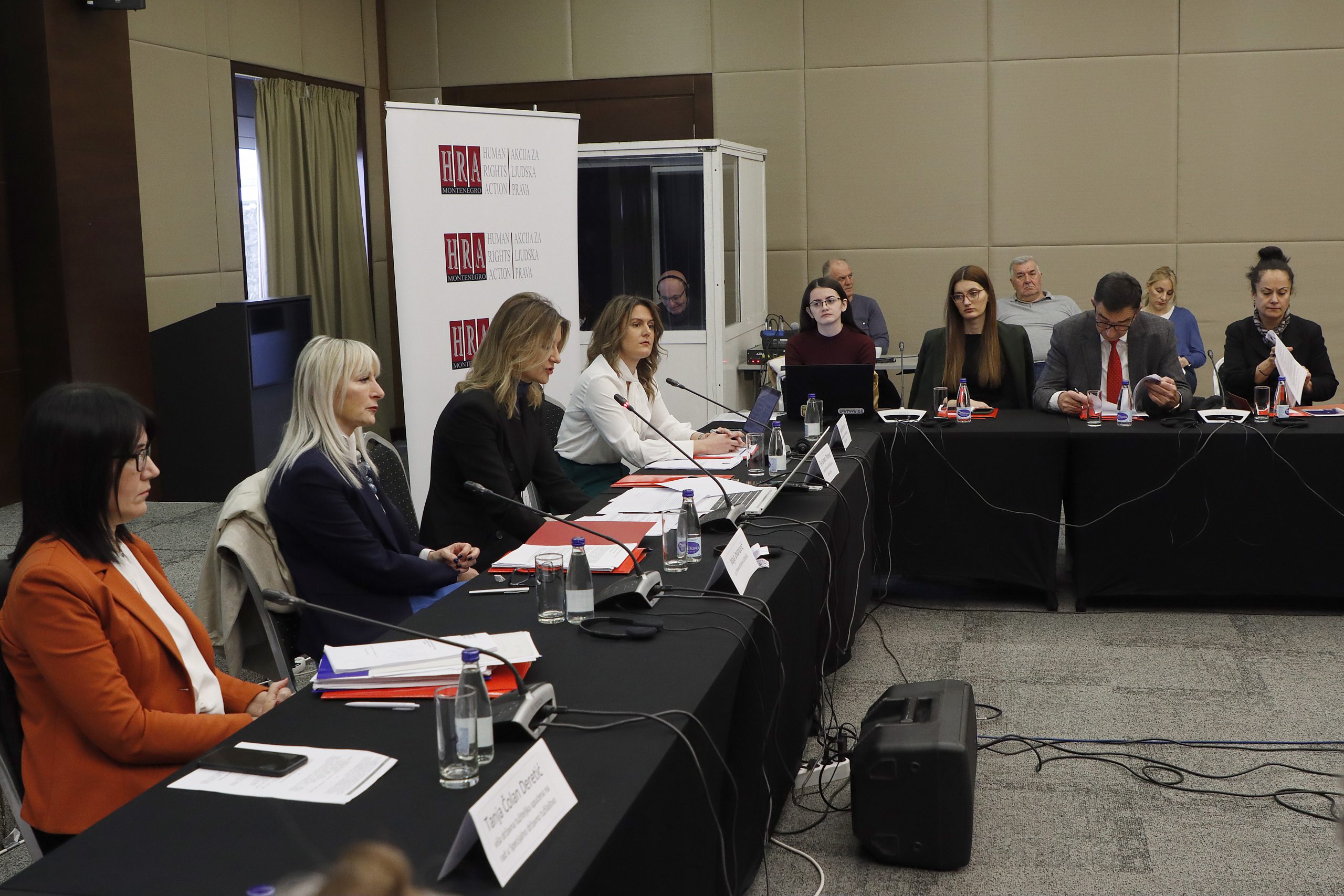
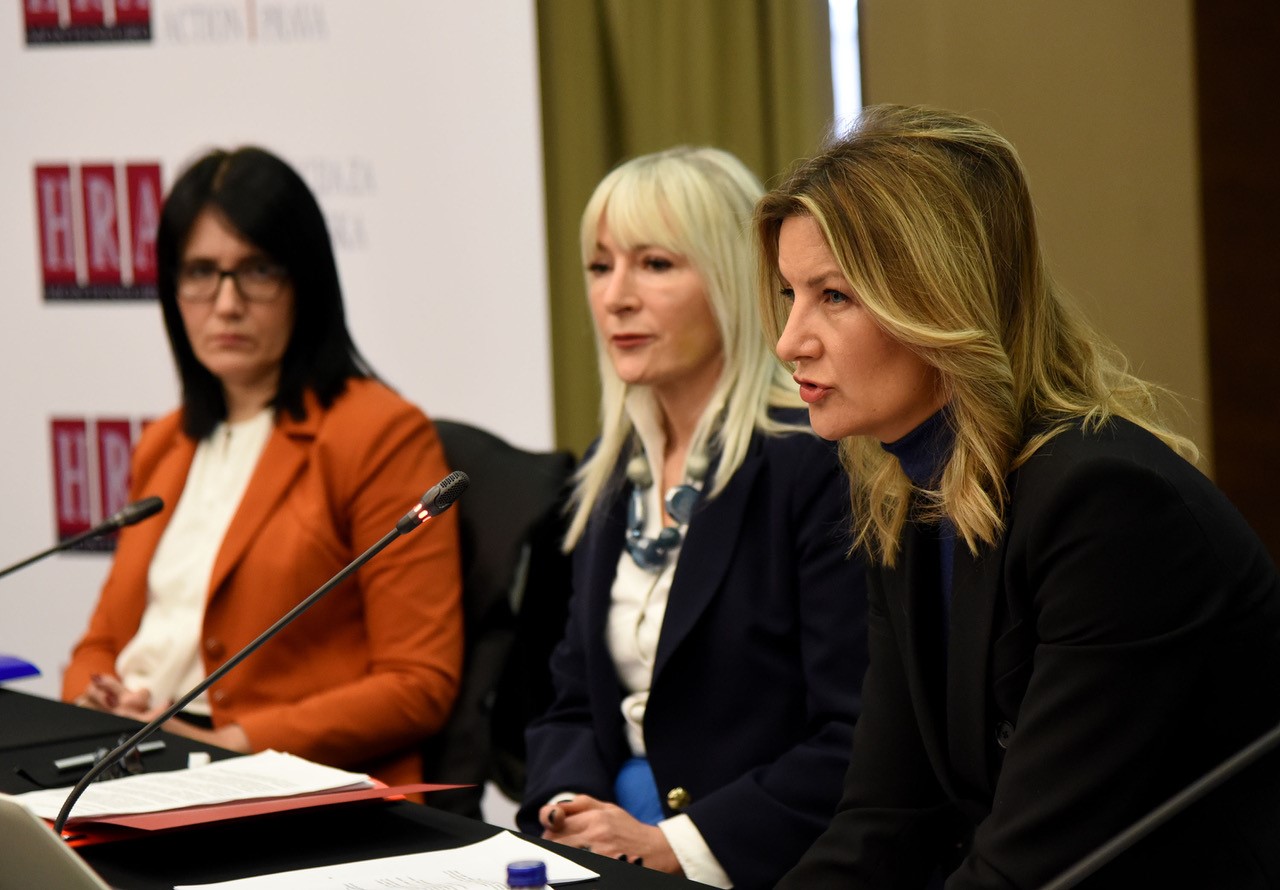
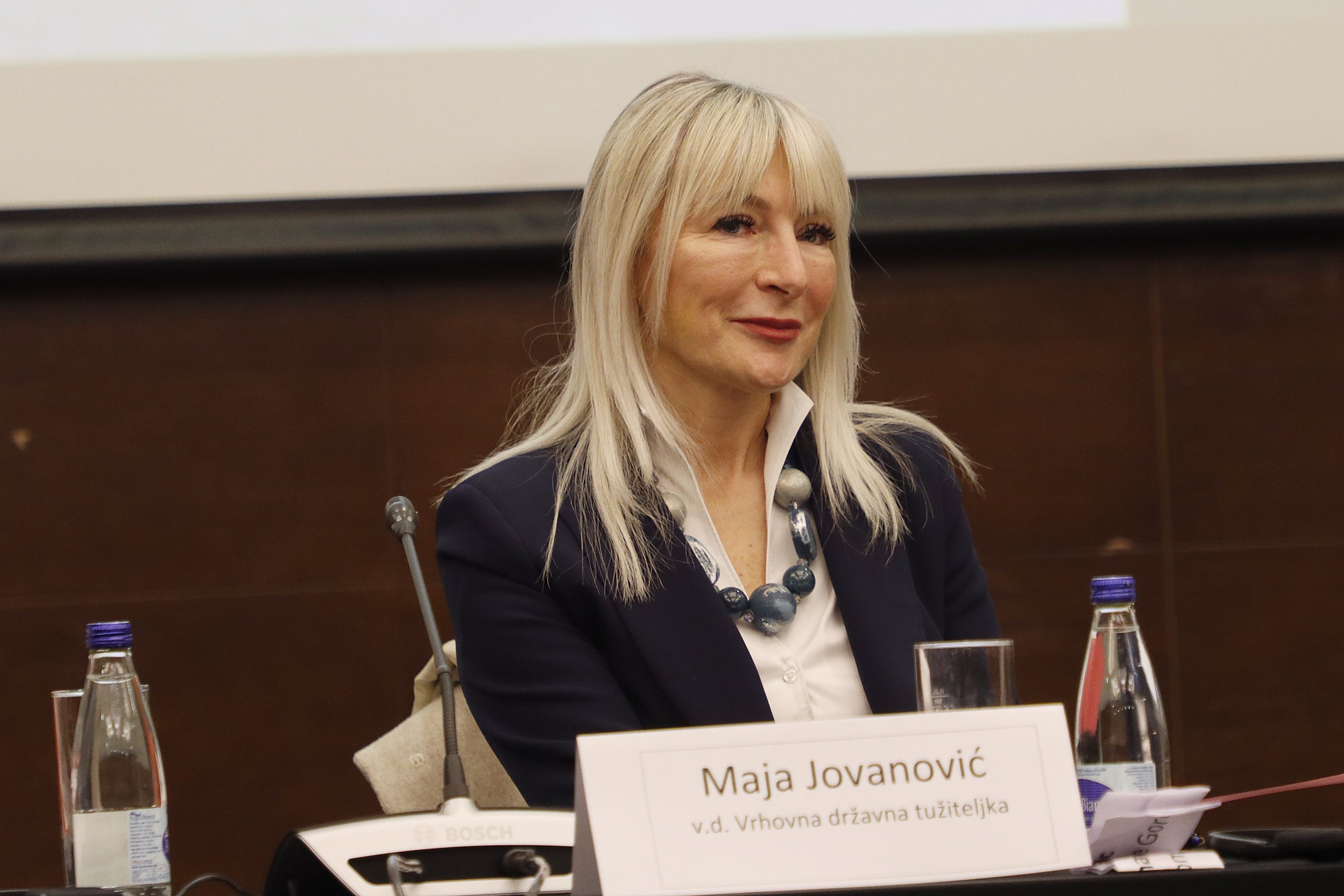


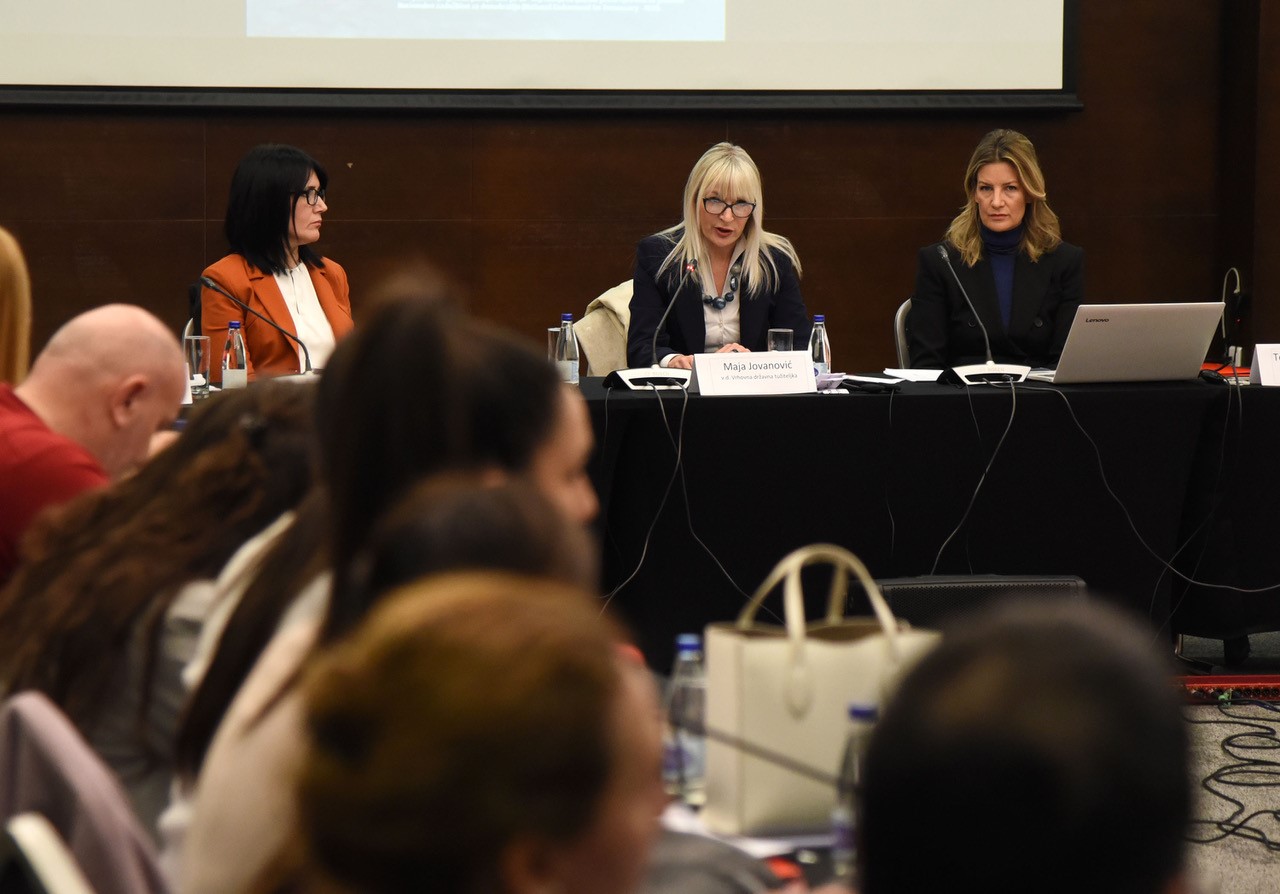

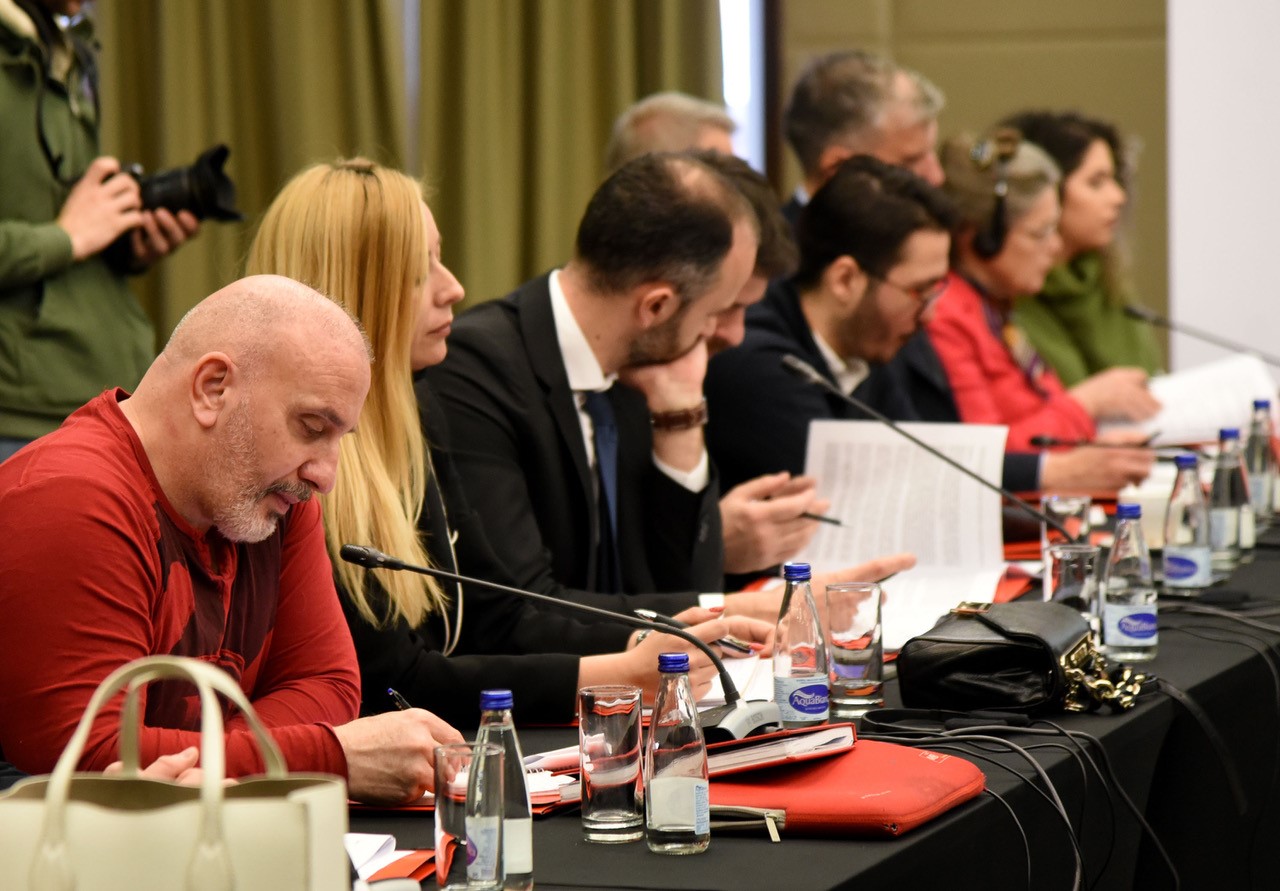
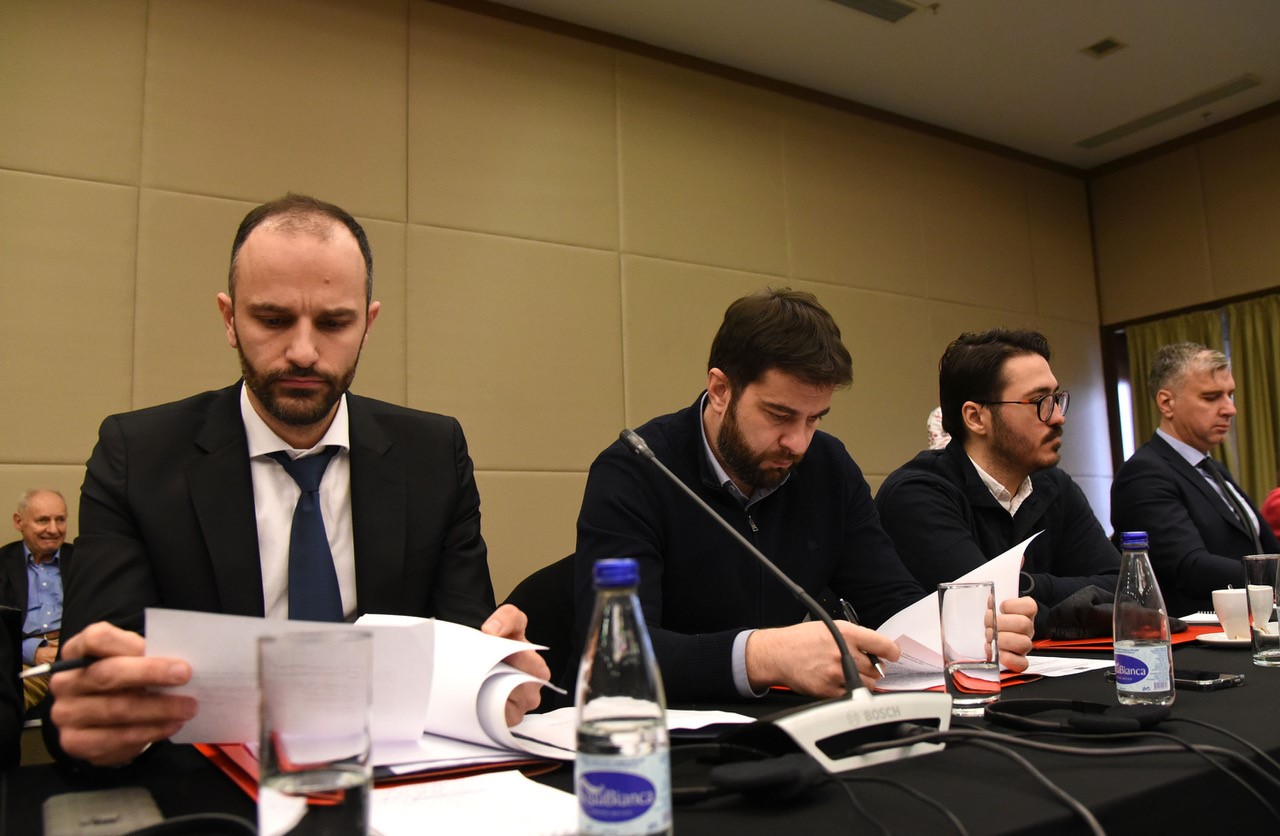
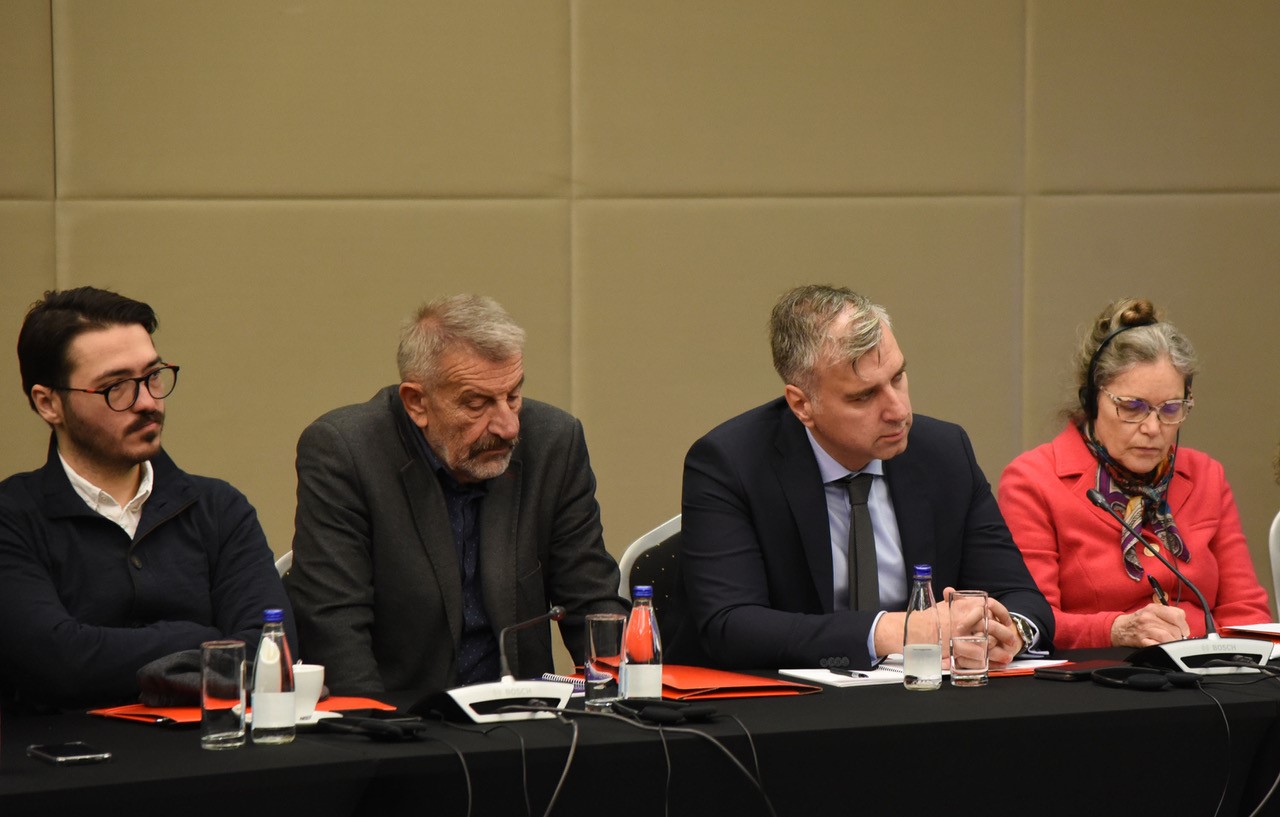
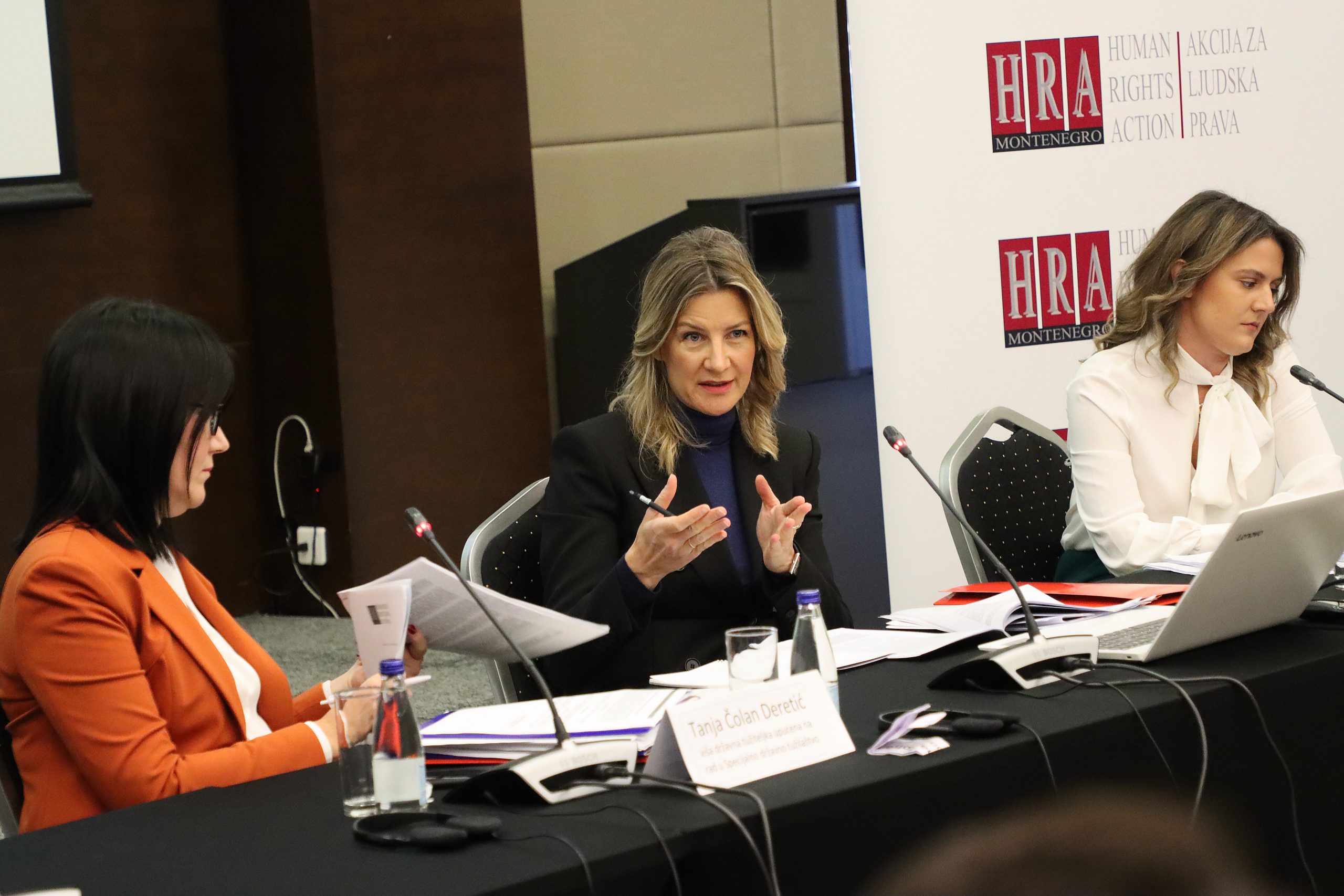
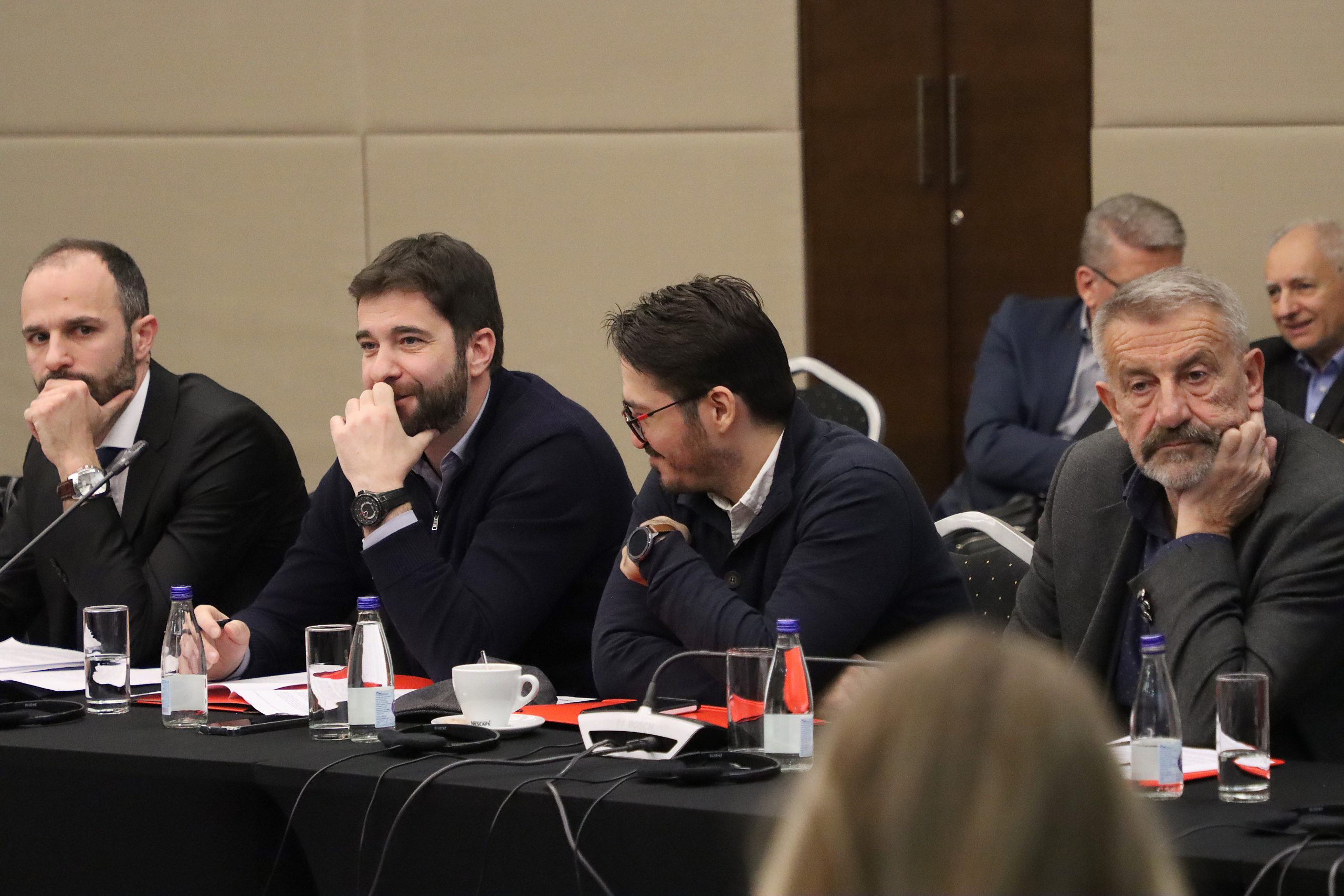
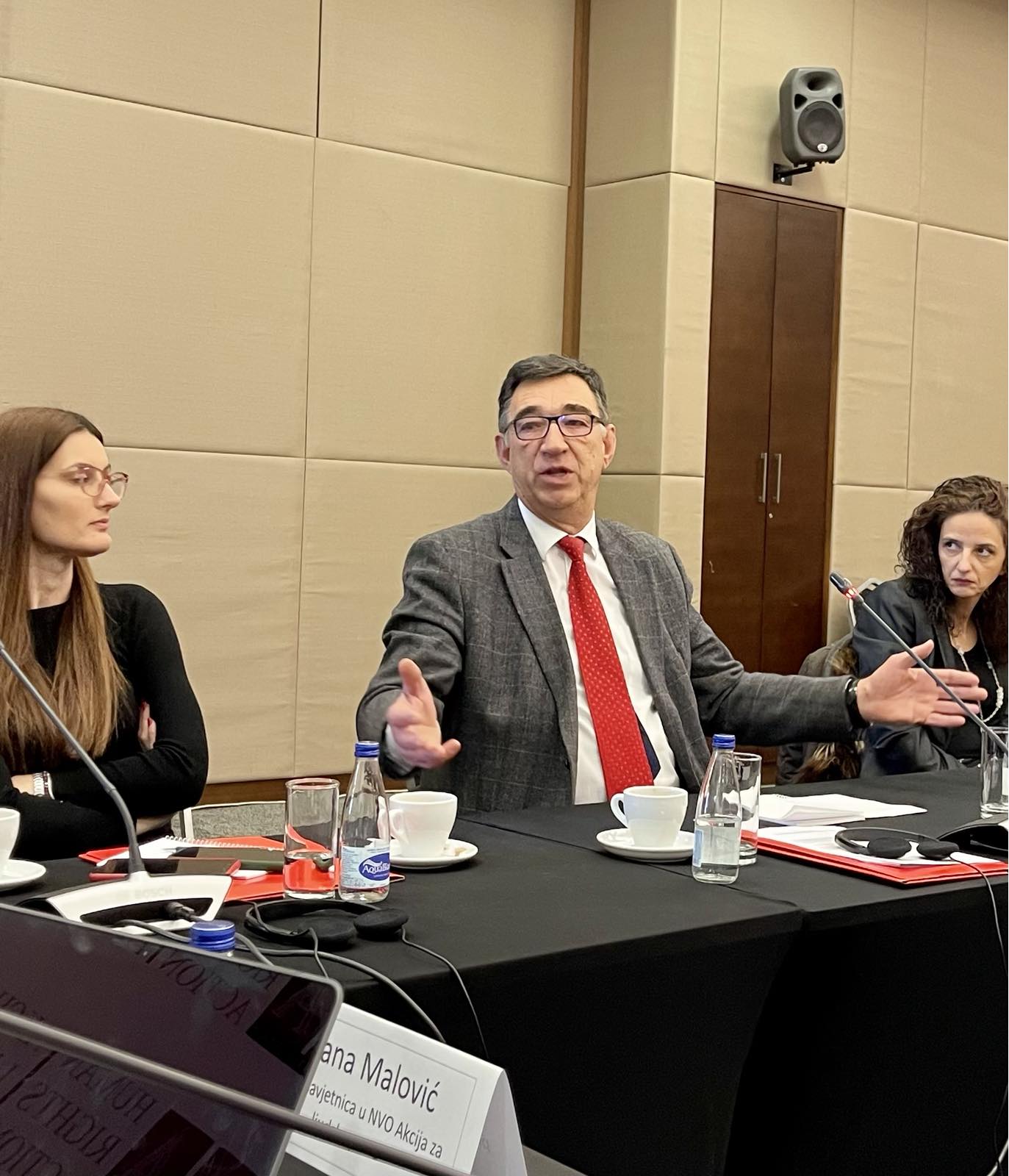
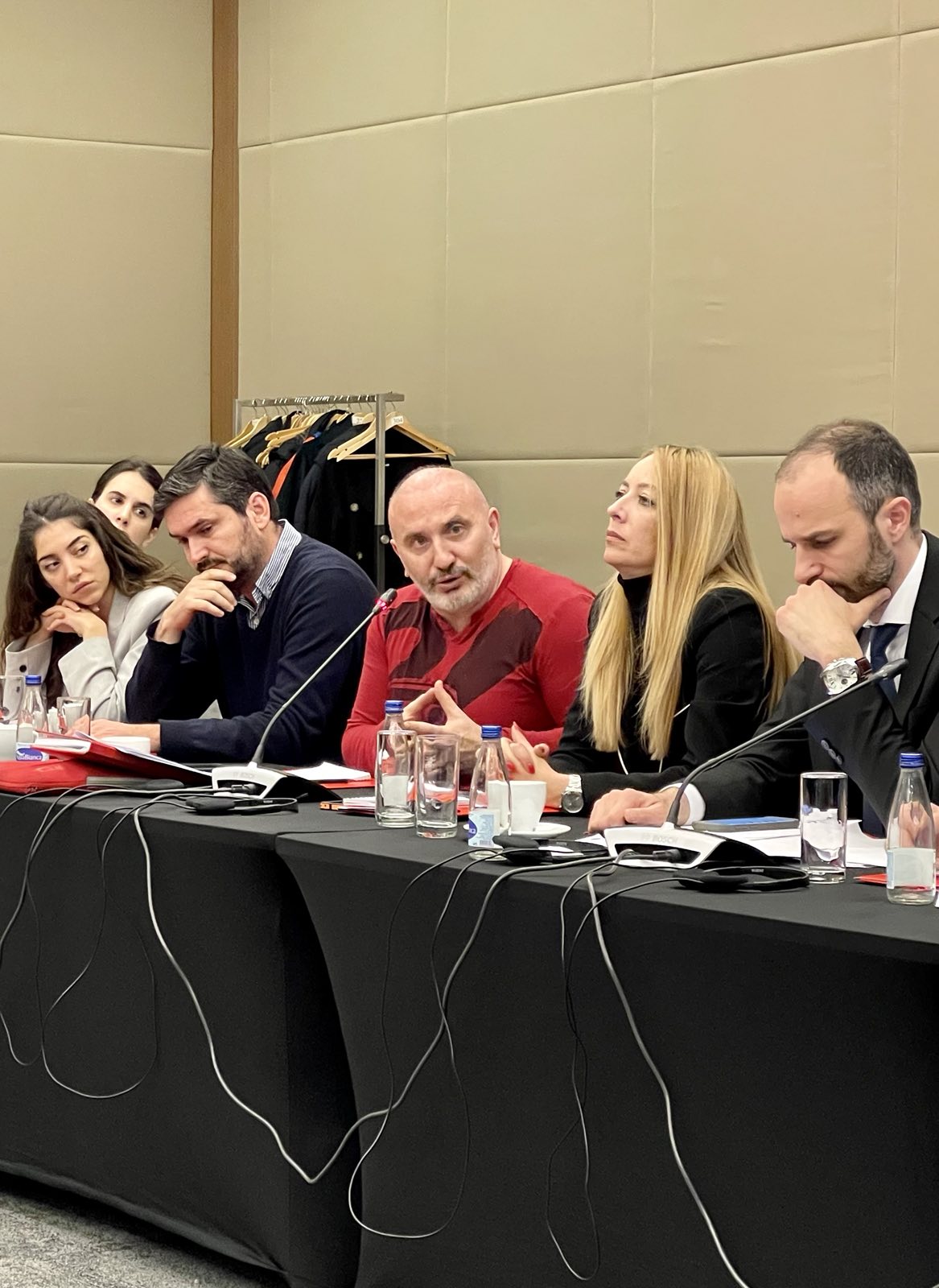
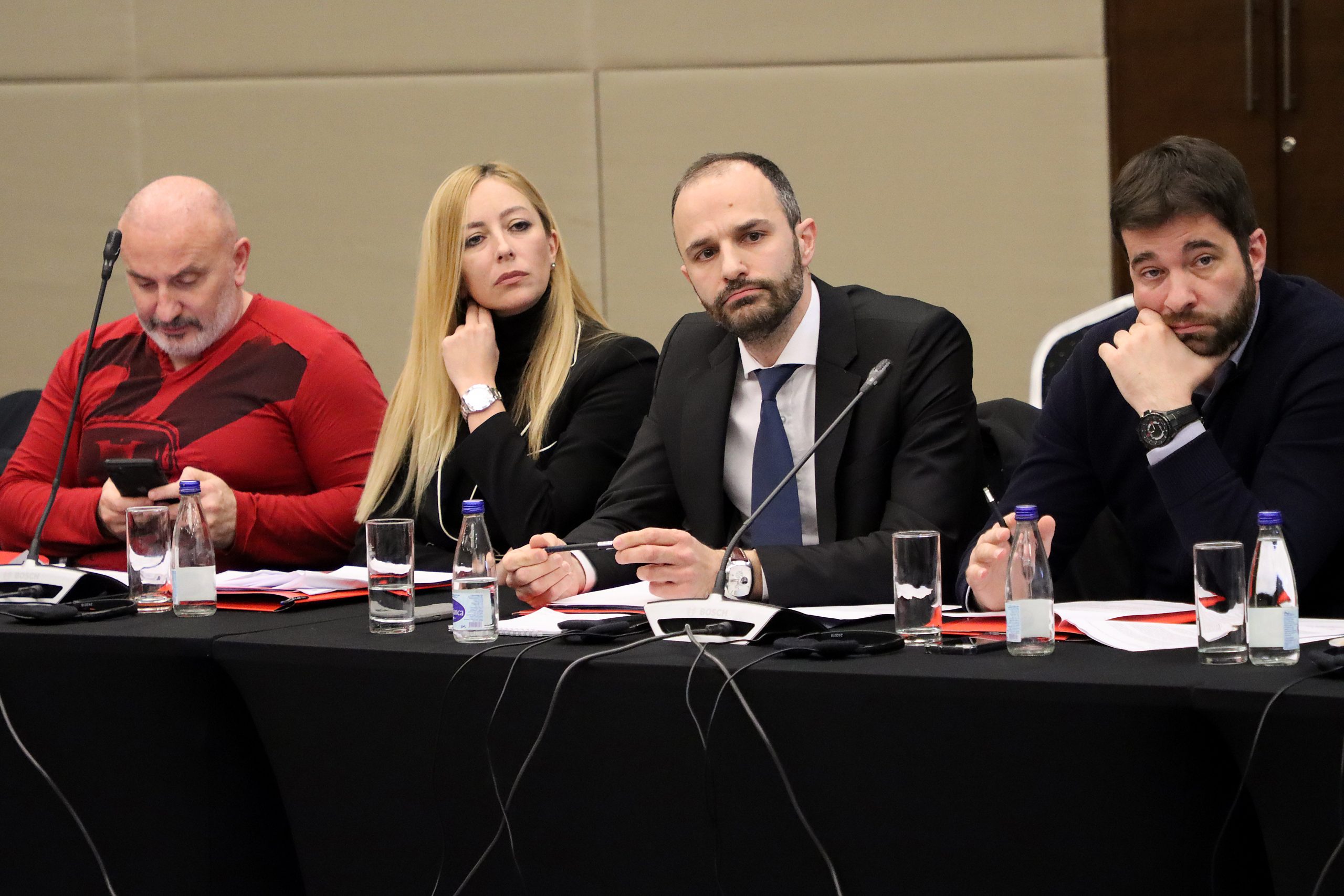
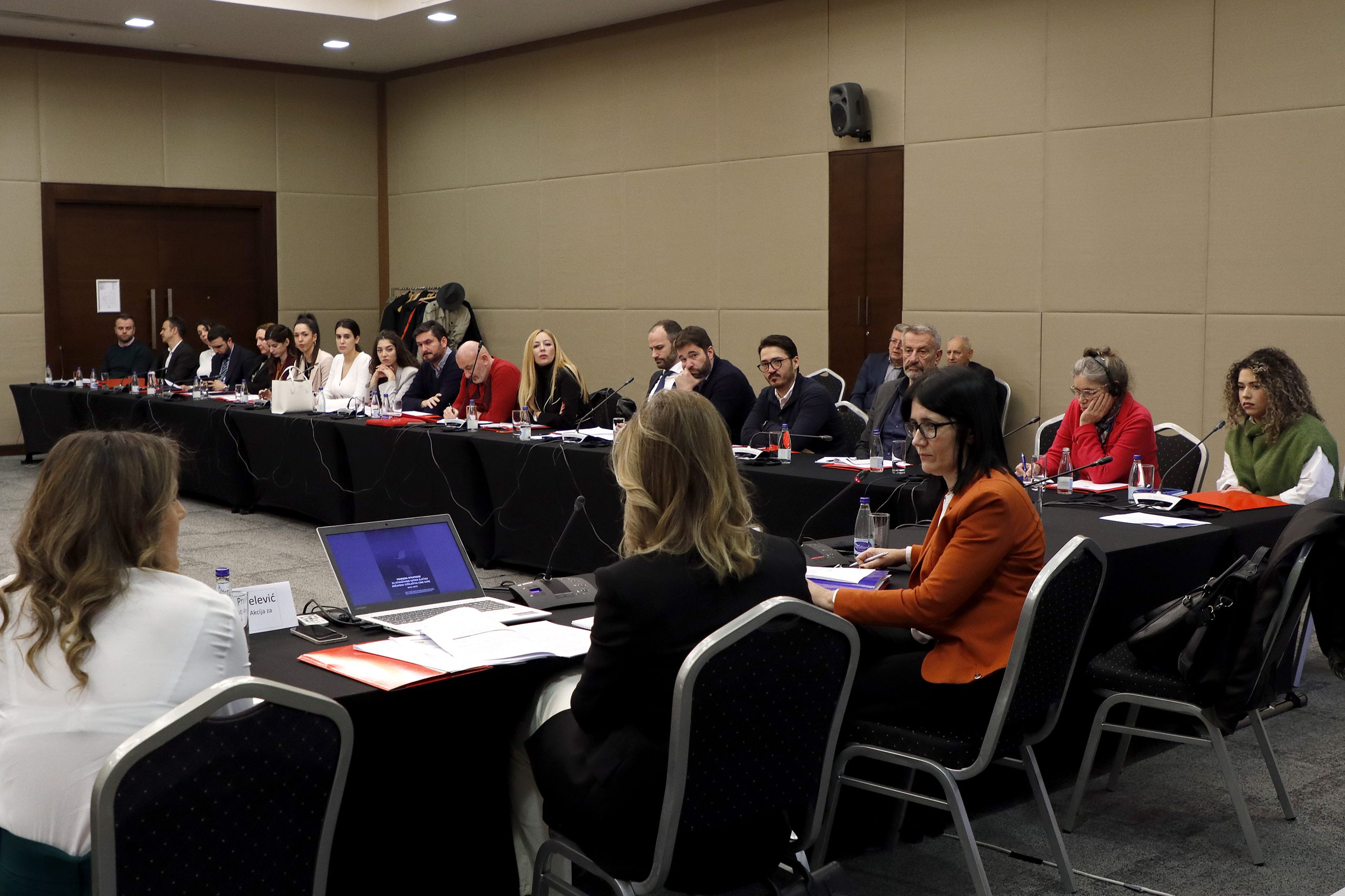
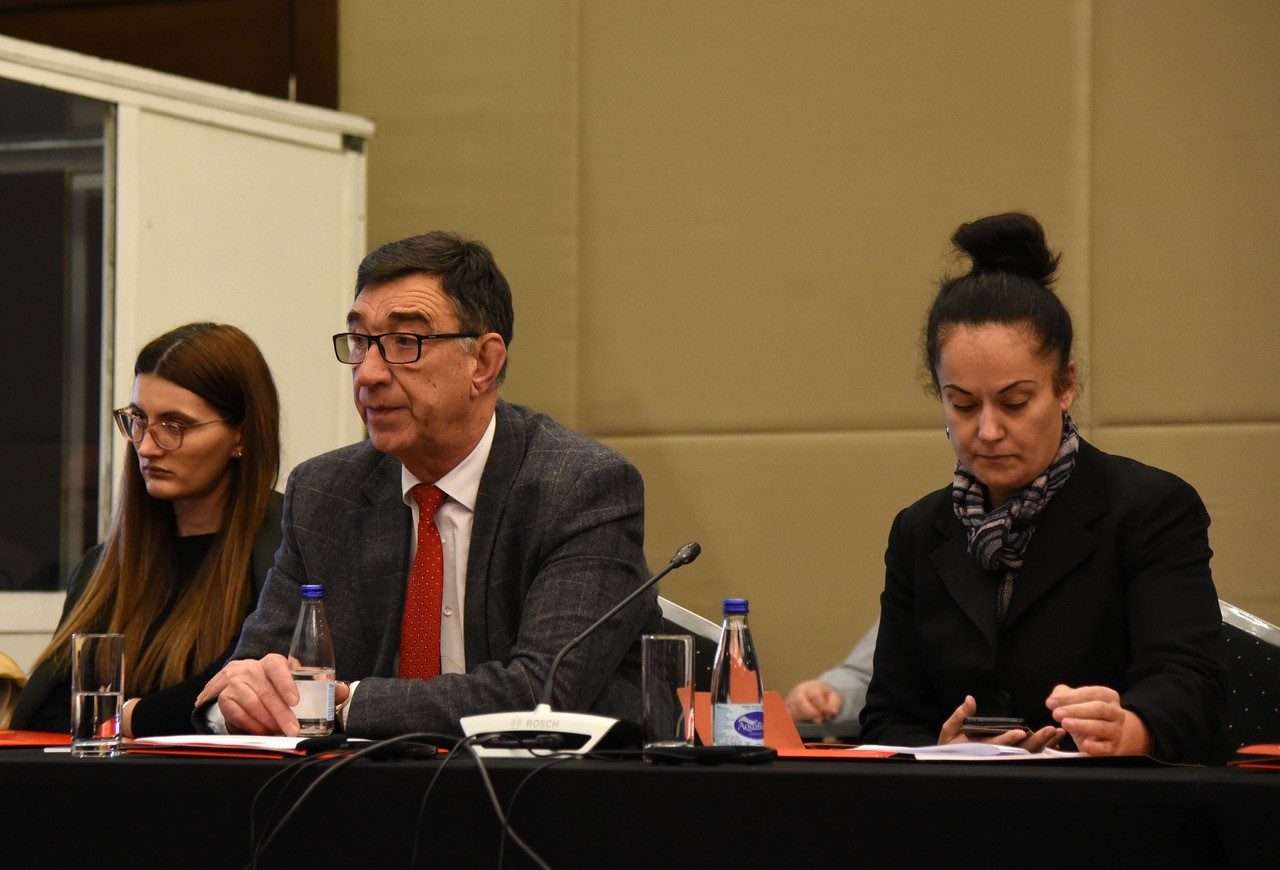
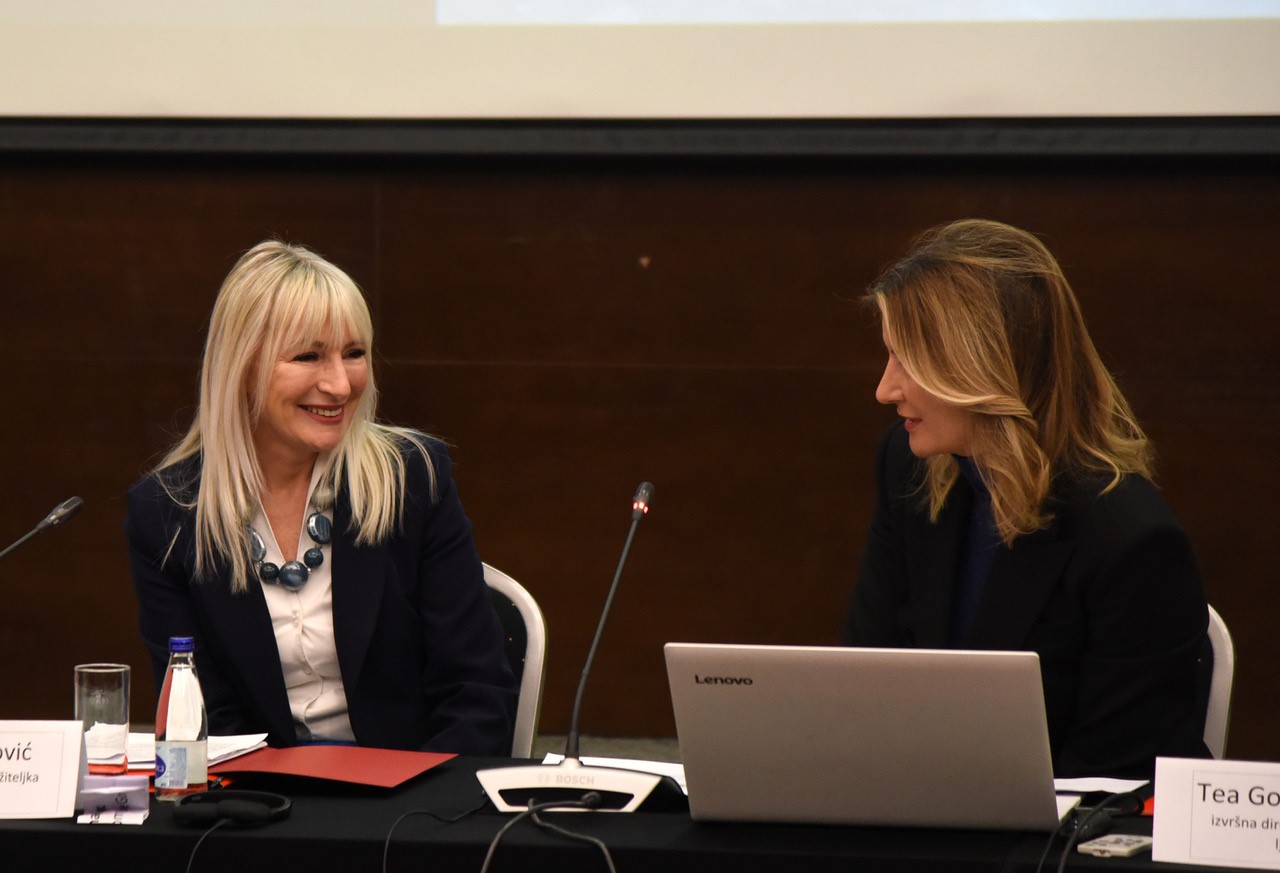
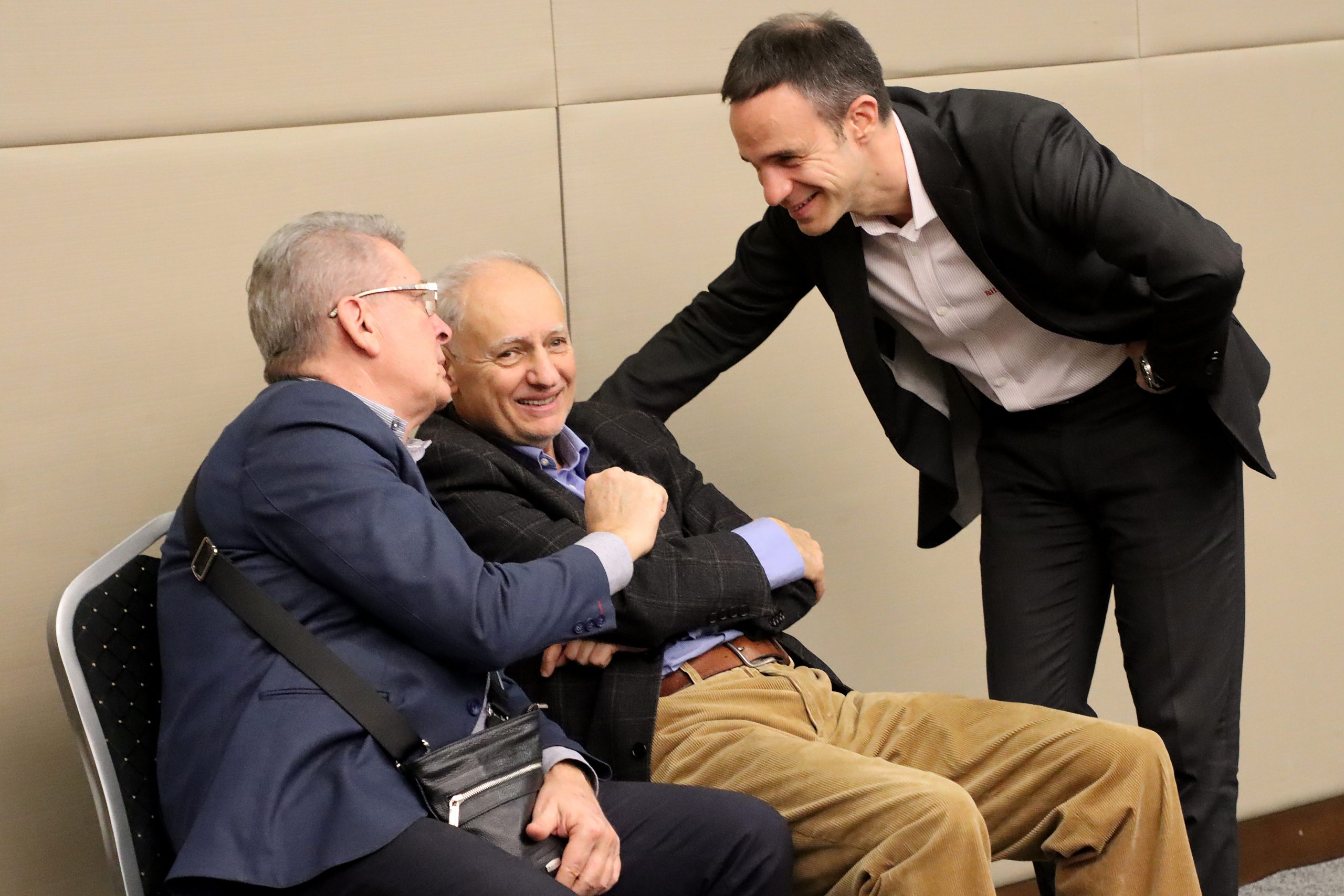
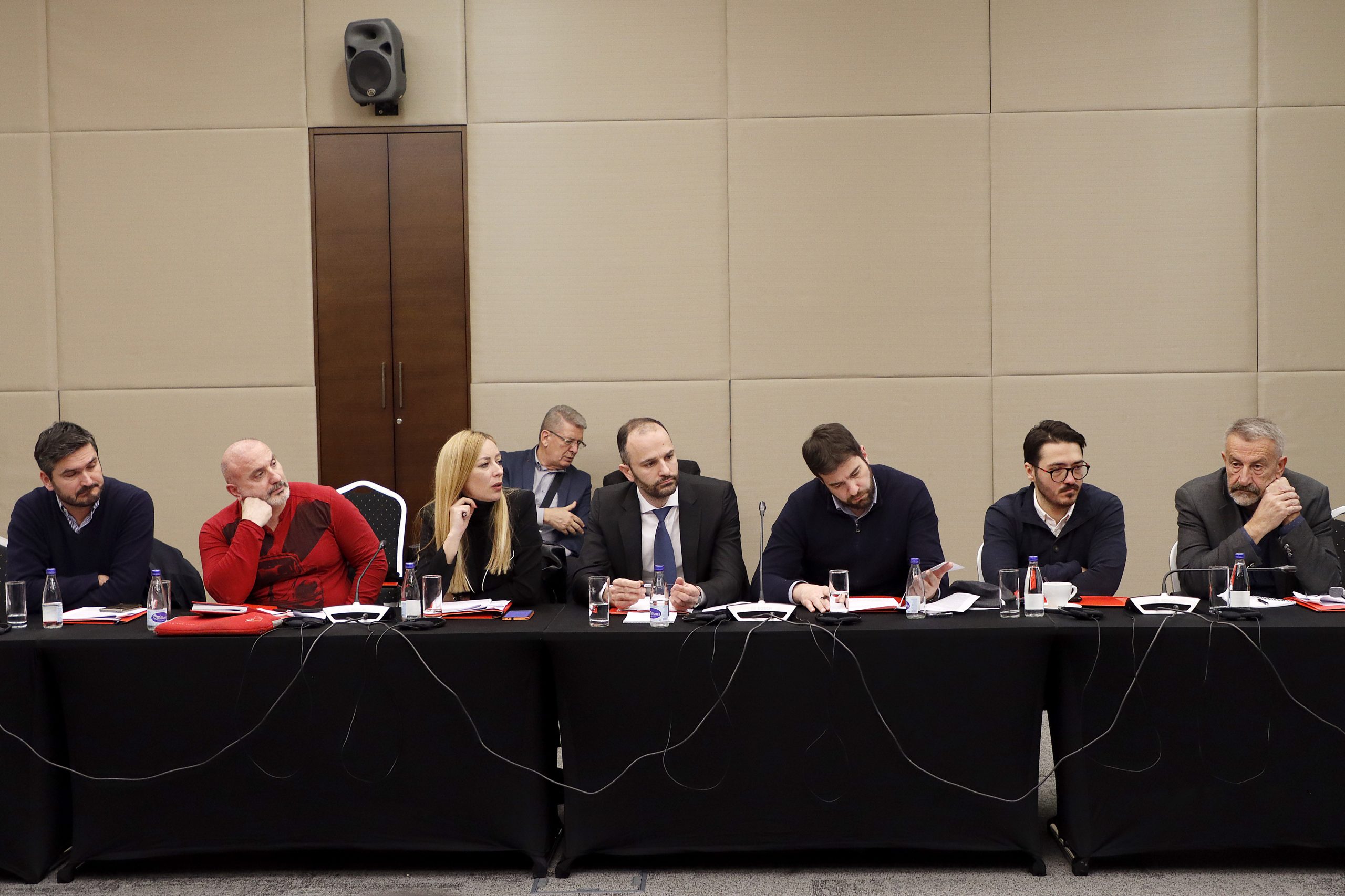
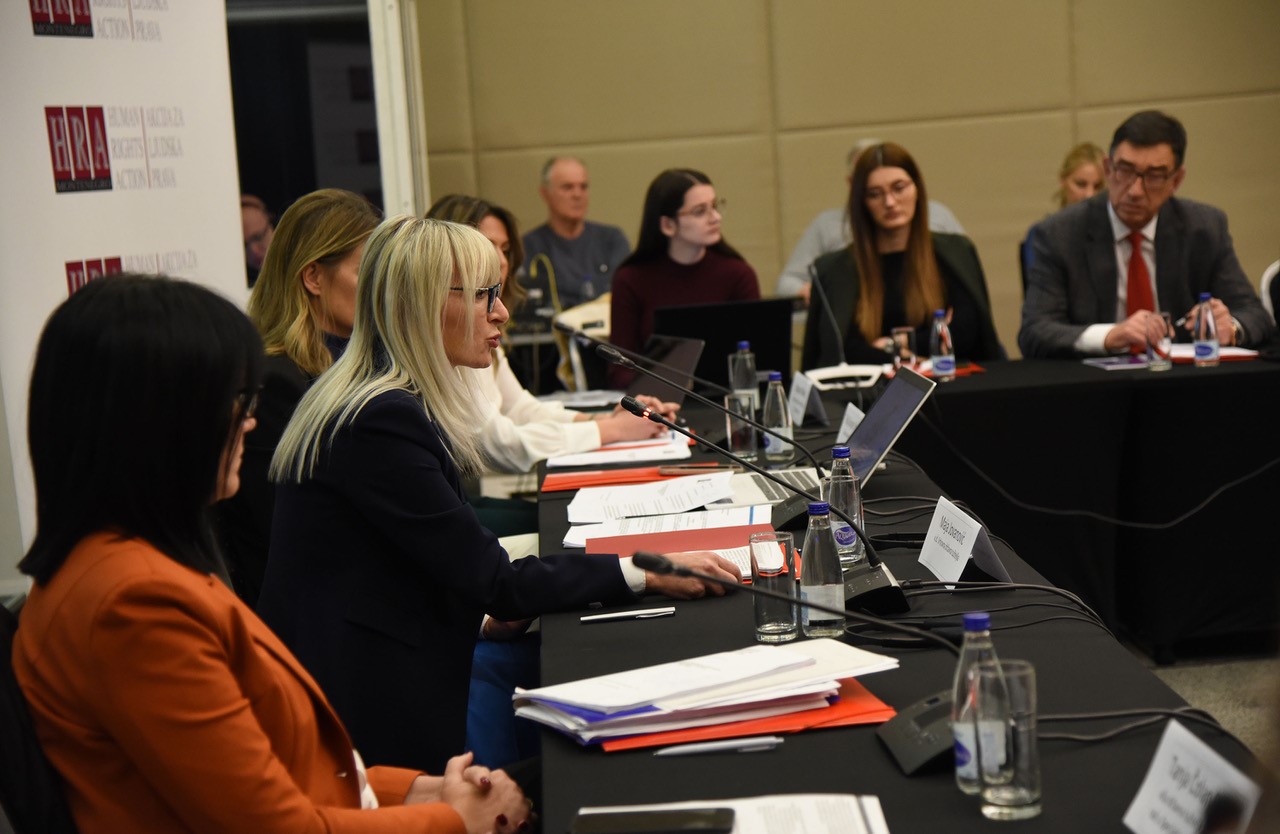
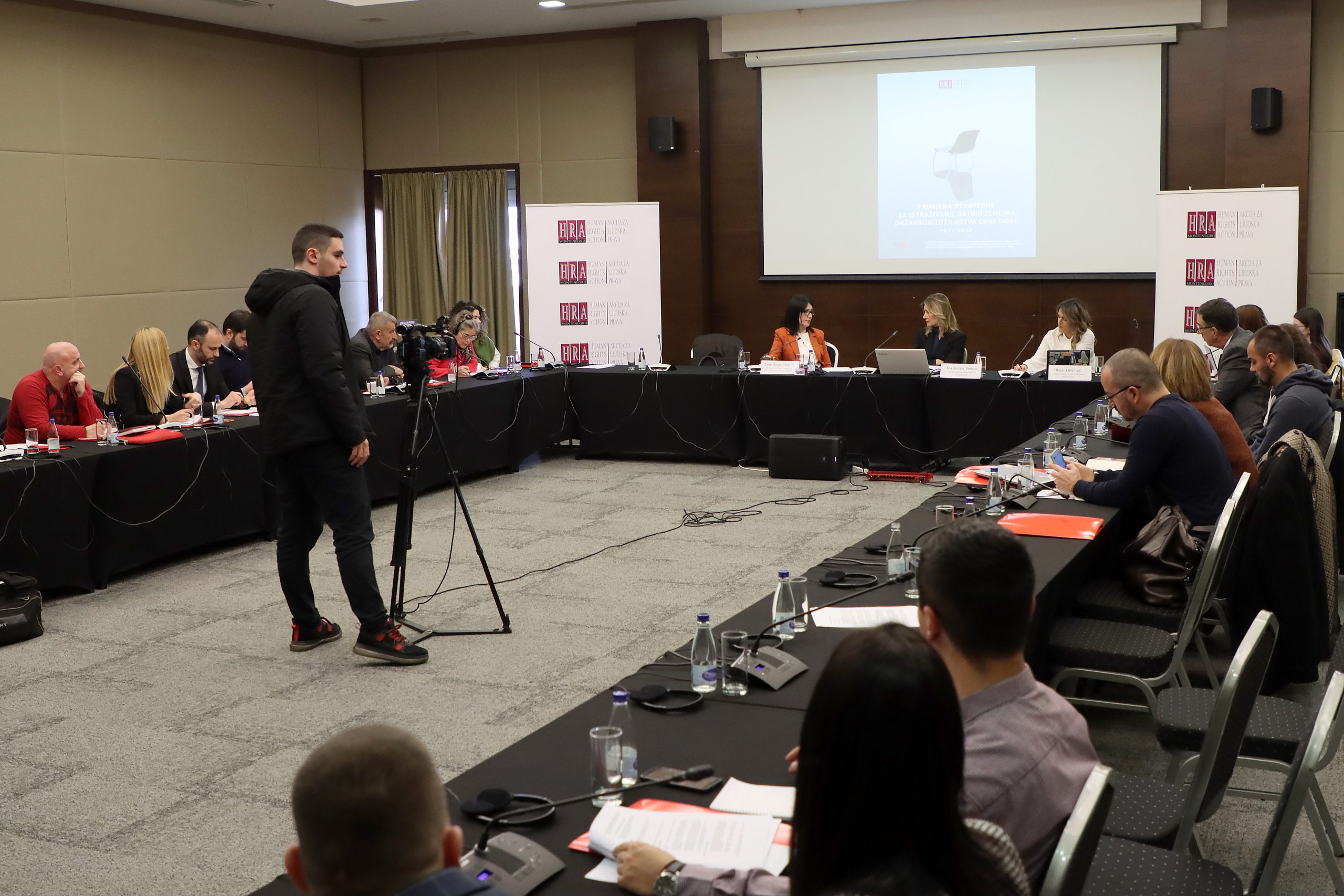
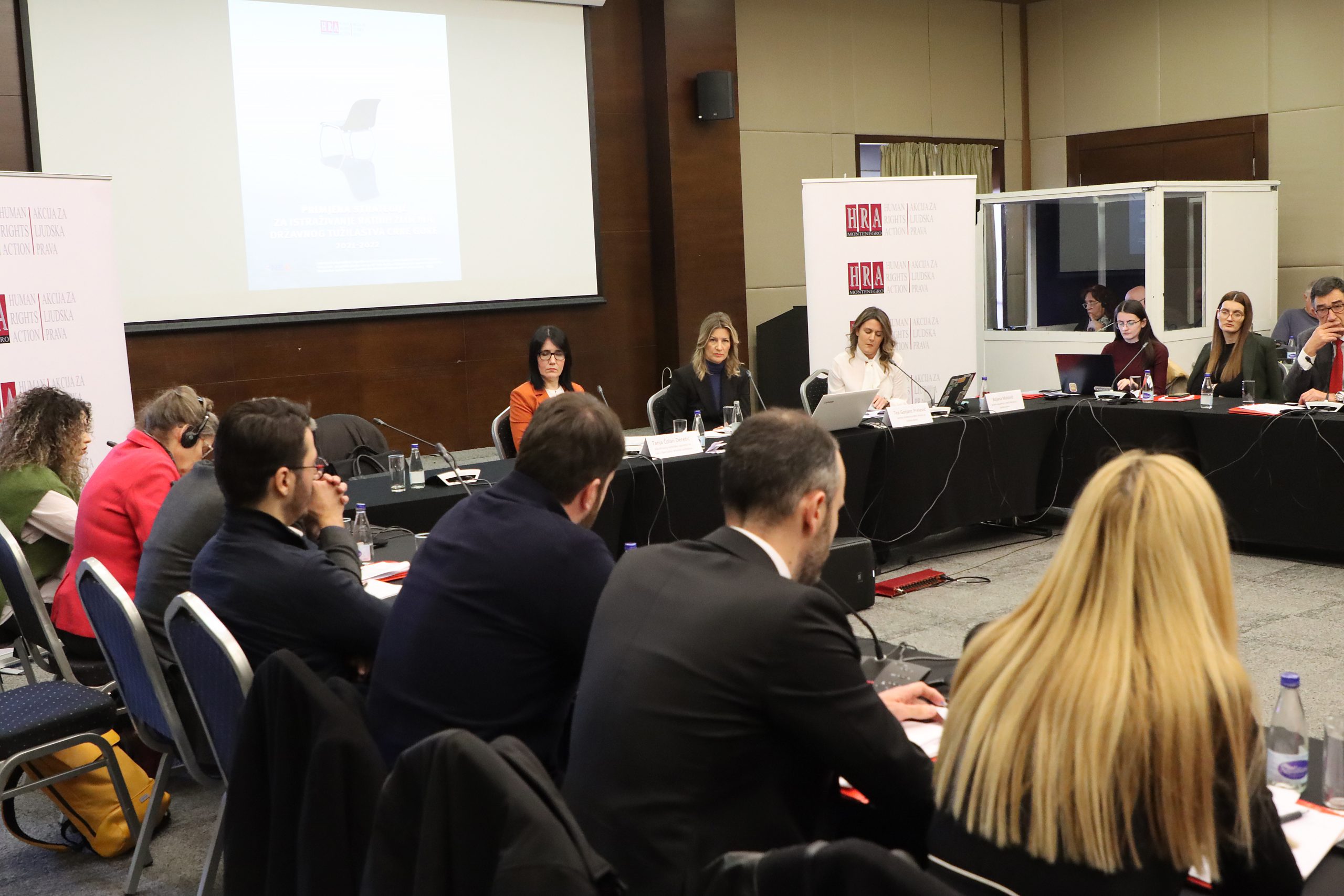
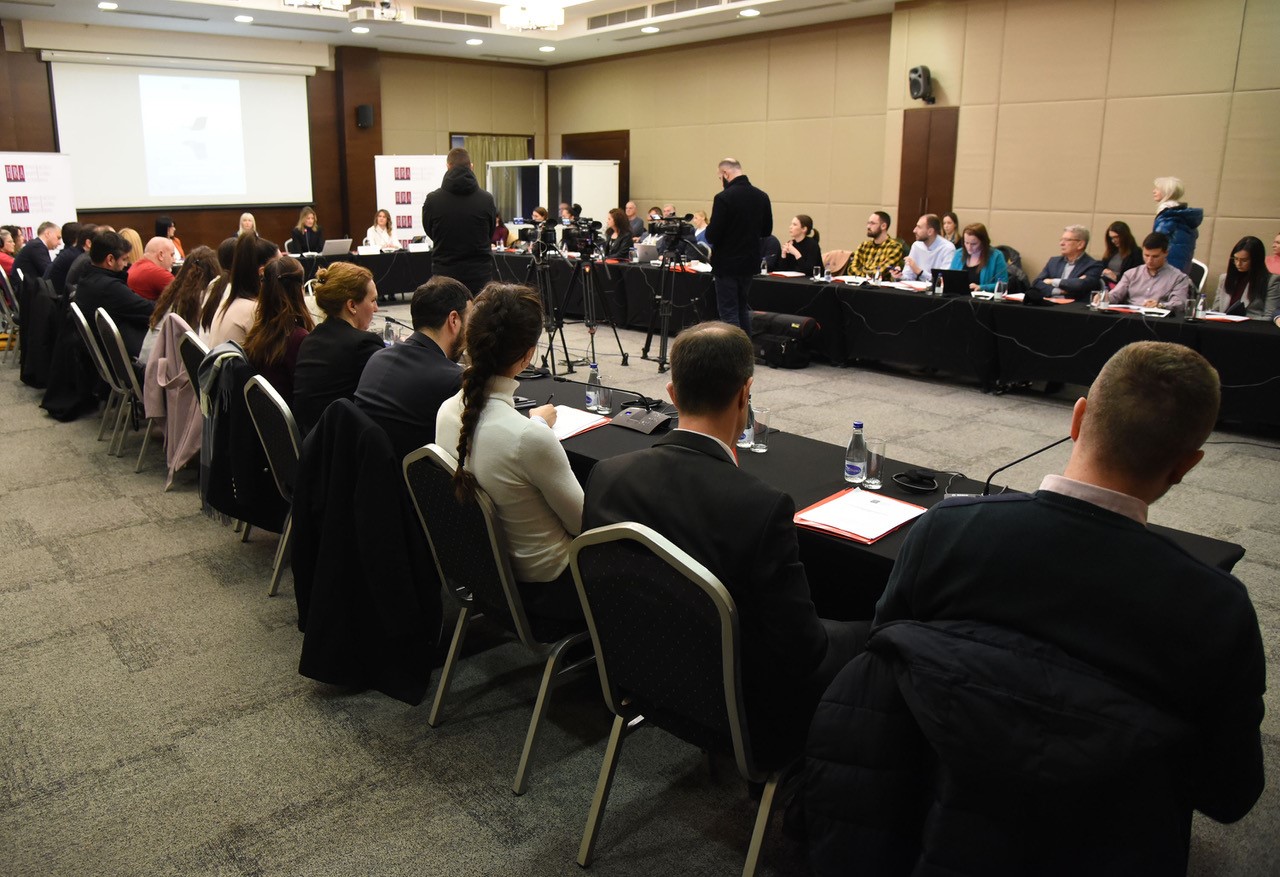





 English
English